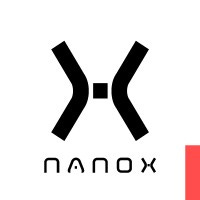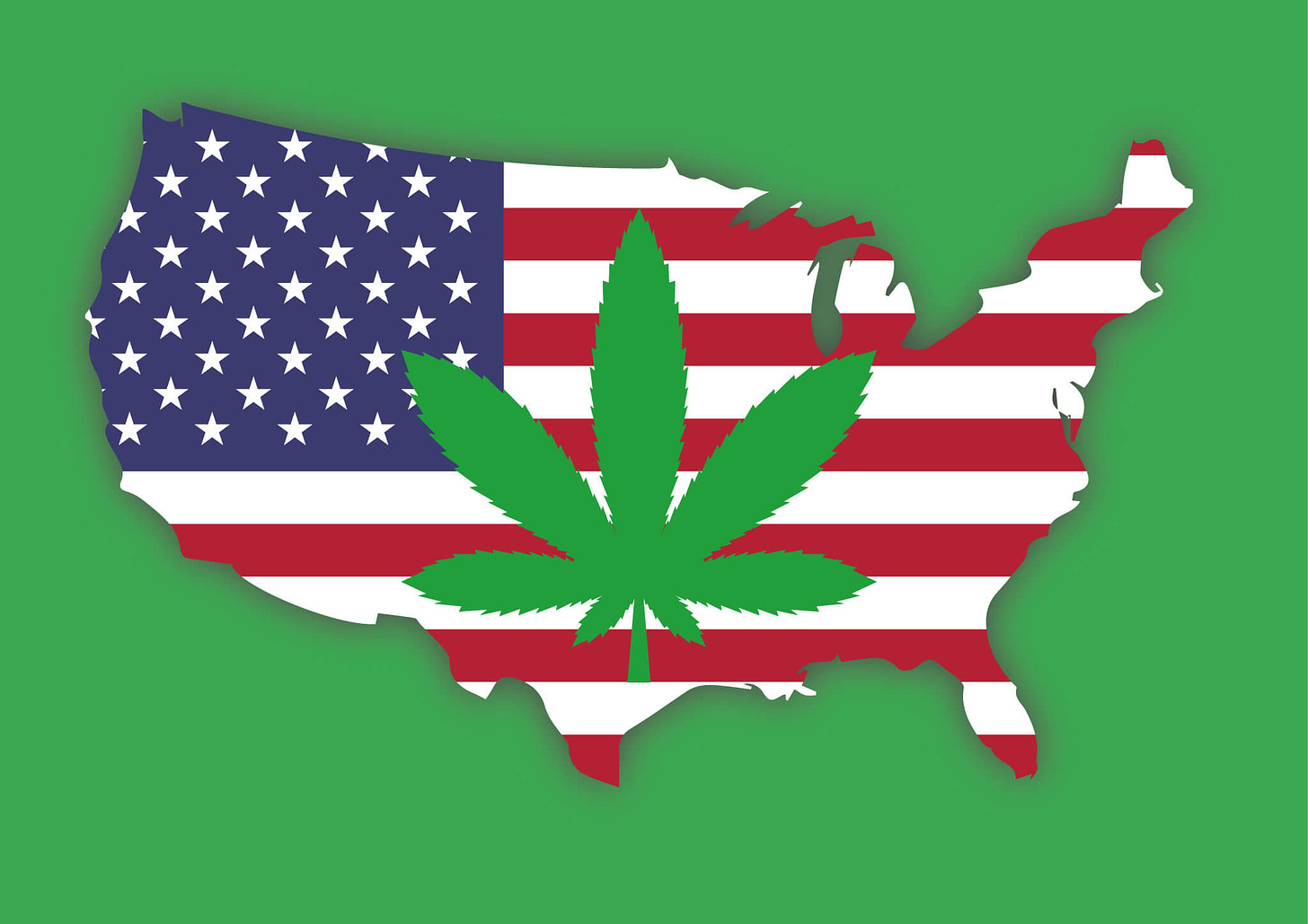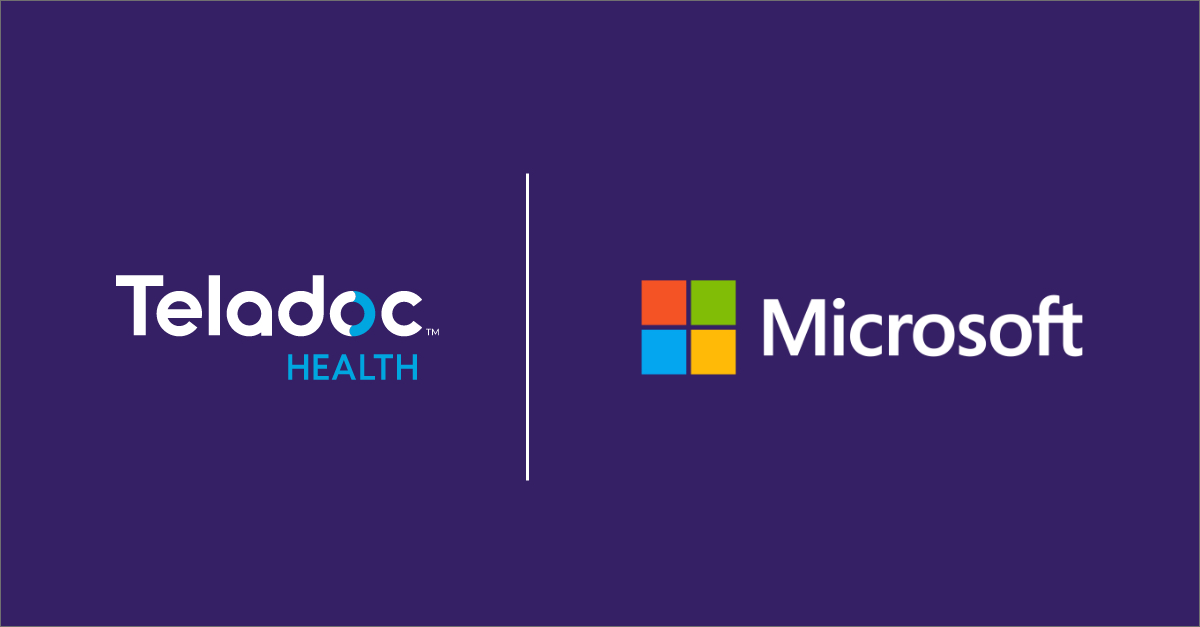News of the Week (7/12 - 7/16)
Nano X Imaging; Tattooed Chef; Penn National Gaming; Boeing; Cannabis; Teladoc Health; Microsoft; Facebook
1. Nanox signs a new distribution deal & Ran speaks at the Ladenburg Thalmann Healthcare Conference
Nanox Imaging signed a new agreement with EiLEENO Pharma in Nigeria to deploy 1,000 Nanox Arc units. This is a contract for Nanox’s multi-source unit which has not yet been cleared by regulatory bodies.
In the Ladenburg Thalmann Healthcare conference this week, CEO Ran Poliakine gave us more color on the contract’s specifics. EiLEENO is expected to conduct 10 or more scans per day and for at least 250 days per year. Nanox will collect $7 per scan. Based on this, the contract is worth a minimum of $17.5 million annually in recurring revenue. 10 scans per day is conservative with Nanox expecting scans per day to be to 20 on average which would mean $35 million in annualized revenue.
In total, Nanox now has 6,150 units under contract (pending regulatory clearance) which would translate into a minimum of $166 million in annualized revenue and likely much more. It also has another 5,500 units in strategic collaboration agreements with its partners in the USA, Korea and Vietnam. It’s unclear how this will impact sales growth.
In the same Healthcare conference Ran also reiterated the following:
Nanox will move into their permanent South Korea factory by 2022
Nanox will begin broad deployment of Nanox.Arc in 2022 meaning multi-source will have already been cleared
“Our issue is not demand. We have huge demand.”
There have already been distribution and regulatory set-backs for Nanox and there is no guarantee those will end. For me, Nanox is a small position as I passionately believe that is all we need today if the organization’s mission comes to fruition.
Click here for my broad overview of the company.
Click here to access the full Ladenburg Thalmann interview
2. Tattooed Chef enters Kroger
A few weeks back, Twitter dug up brand new listings of Tattooed Chef products on the Kroger website (twitter is awesome). This Monday, the company officially announced it was entering Kroger stores nationwide.
The distribution agreement is for 12 stock keeping units (SKUs) including newer products such as its veggie hemp bowl and several products containing its plant-based pepperoni. Clearly, Chef Sarah Galletti’s creative vision is working.
Starting in September, Tattooed Chef will be available in 1,800 Kroger stores which represents 55% of its total locations. If all goes according to plan, it will slowly enter the remaining stores over time.
With Kroger representing the 2nd largest brick and mortar retailer in the United States (It’s already in Walmart which is #1) this is a big achievement to say the least.
3. CuriosityStream’s PlayStation 4 deal
CuriosityStream announced a new distribution deal for all of its content to be available on PlayStation 4 (rather than the PlayStation 5 released late last year). Apparently, this had been CuriosityStream’s “most requested platform from [its] customers.”
I requested comment from CuriosityStream and was told to “stay tuned” on future PlayStation 5 announcements.
Click here for my broad overview of the company.
4. An upcoming casino opening for Penn National Gaming
On Tuesday, Penn National Gaming set the grand opening date for its 3rd casino in York, Pennsylvania for August 12th. The property will feature Barstool-branded sports and race books, bars and also restaurants.
This opening will bring Penn’s already largest regional gaming footprint to 43 properties across 20 states. The company plans to open its 4th Pennsylvania property later this year in Morgantown.
Click here for more information on the company.
5. A new issue at Boeing
News broke of Boeing reducing the monthly production rate of its 787 Dreamliner model. The move came after the Federal Aviation Administration (FAA) and Boeing both found a new issue with the connection of certain pieces in the fuselage.
Some important notes to consider:
Both the FAA and Boeing have stated this issue is NOT a flight risk
Spirit AeroSystems (TICKER: SPR) makes the part, not Boeing
737 MAX deliveries were 33 in June -- the highest since the pandemic struck & by far the most important plane for the stock’s success
Regardless -- based on Boeing’s last few years of truly atrocious execution -- any time that a headline like this breaks, the public will assume Boeing is at fault until it’s proven innocent.
Still, Boeing operates in a supply-constrained global duopoly and the odds are stacked in their favor for a full recovery. The company just needs to get out of its own way.
6. The Cannabis Administration and Opportunity Act (relevant to Cresco Labs, Green Thumb, and Ayr Wellness)
Chuck Schumer unveiled a draft of Capitol Hill’s latest attempt at federal cannabis reform: The Cannabis Administration and Opportunity Act (CAOA). This is similar to the “More Act” which failed to gain needed-support in previous years but it does solve some prior concerns.
What does the new draft include? It opens the door for federal taxation of up to 25% and also more clearly spells out the FDA’s role in quality control. This was a main sticking point with the “More Act”. Federal compliance would surely add a new layer of cost to all multi-state operator (MSO) businesses.
The draft also incorporates 280E reform meaning tax bills would roughly be cut in half thus offsetting new taxation from the federal government. 280E is a tax provision preventing sellers of federally illegal goods from deducting any ordinary businesses expenses from tax bills.
Furthermore, banking reform is included which would lower MSO cost of capital considerably. In its current state, the CAOA continues to allow states to enforce their own laws and importantly doesn’t permit interstate commerce — something that would negatively impact MSO gross profit margins.
Finally, it includes up-listing reform which would unlock institutional demand and boost company valuations.
It likely won’t be passed.
Click here for my broad overview of Ayr Wellness.
7. Teladoc and Microsoft partner up
Teladoc announced a collaboration to create a “unified practice experience for clinicians” with tech behemoth Microsoft. With it, Teladoc’s product tailored to hospital and health systems (The Solo platform) will fully integrate with Microsoft Teams.
The combination will create newfound, coveted efficiencies by expediting the ways in which clinicians and hospitals communicate and collaborate. It will quicken workflows by closing the loop between how data is actually being shared and how it’s used. Now, professionals will be able to access sensitive patient data within the Teladoc ecosystem without ever leaving the Teams platform.
This will enable our healthcare workers to focus more specifically on patient care and outcomes rather than administrative paperwork — and all in a virtual setting. When lives are at stake, this means a great deal.
Based on my conversations with Healthcare managers in the field, seamless communication (especially between Teladoc and 3rd party platforms) was the single most discussed pain-point when using Teladoc’s software. The Microsoft partnership should greatly help.
Furthermore, a large portion of hospital systems were already using Teams which could potentially mean more customer wins for Teladoc down the road from loyal Teams-users — I’m speculating here.
Interestingly, Teladoc will also now be able to tap into the all-but-limitless supply of consumer data Microsoft has at its disposal. X-box and LinkedIn data isn’t all that relevant for this business, but Azure’s might be.
8. Microsoft acquisition
Speaking of Microsoft, the tech giant agreed to pay $500 million in cash to purchase the software security firm RiskIQ. RiskIQ serves titans like Facebook and the U.S. Postal Service and is known for its intelligence graph. It calls itself “the Pioneer and World Leader in Attack Surface Management.” I’m sure several next-gen vendors would beg to differ.
The purchase is believed to be in response to the recent string of ransomware attacks companies (including Microsoft) have had to endure.
9. Facebook’s continued push into the creator economy
In an ongoing push to embrace the increasingly lucrative creator economy, Facebook is shelling out some cash. Through the end of next year, the company will pay $1 billion to influencers to incentivize the creation of content within one of Facebook’s products. It’s good to keep in mind it has $64 billion in cash and equivalents on its balance sheet.
It has recently paid TikTok stars to move their posts to Instagram so this is nothing new with other companies like Google (Youtube) making similar moves as well. The program is via invite-only.
Thanks for reading!
Research & image citations:
The Cannabis Administration and Opportunity Act







🙏🙏🙏
Really great idea Brad, was an enjoyable read especially since we have similar positions 😉😎